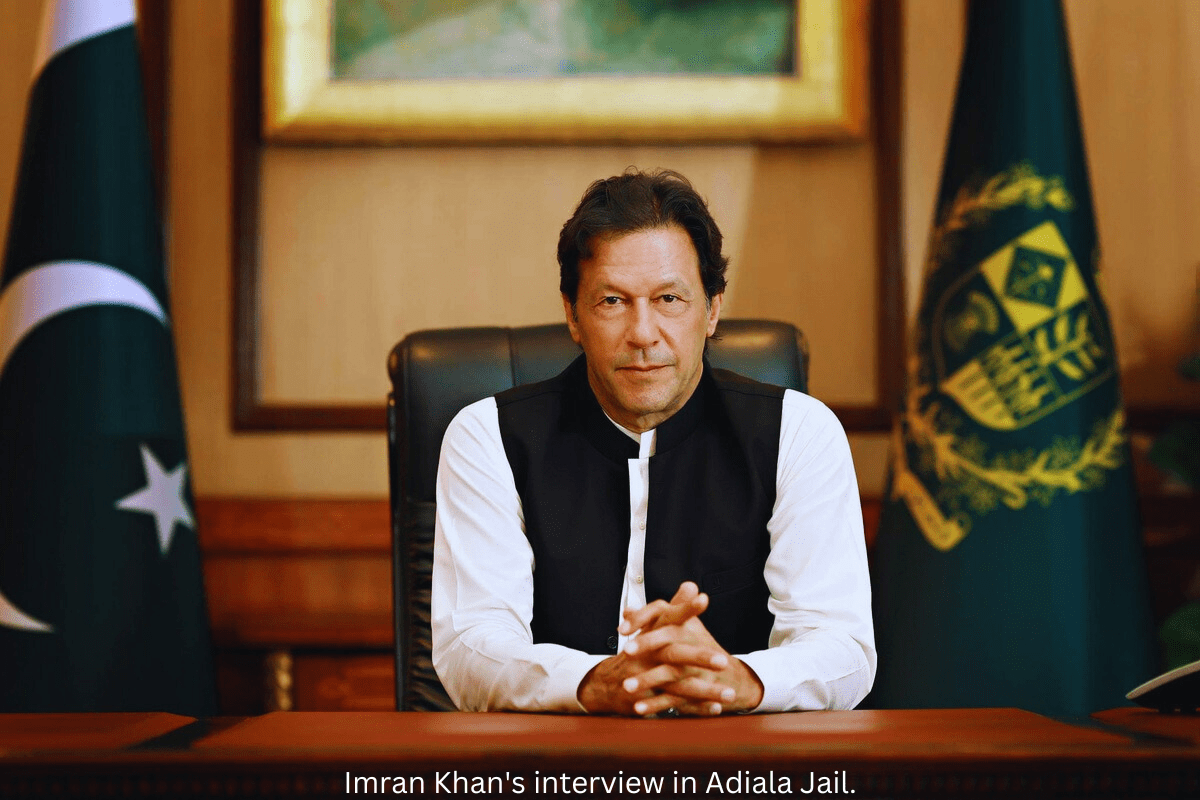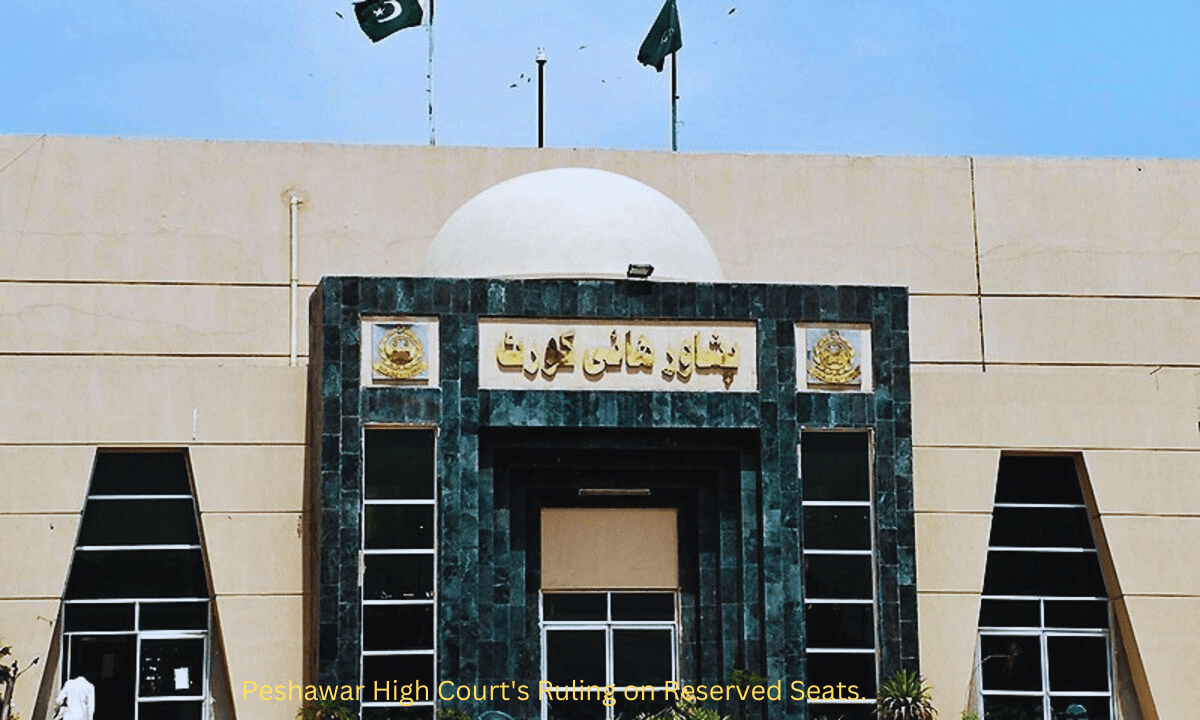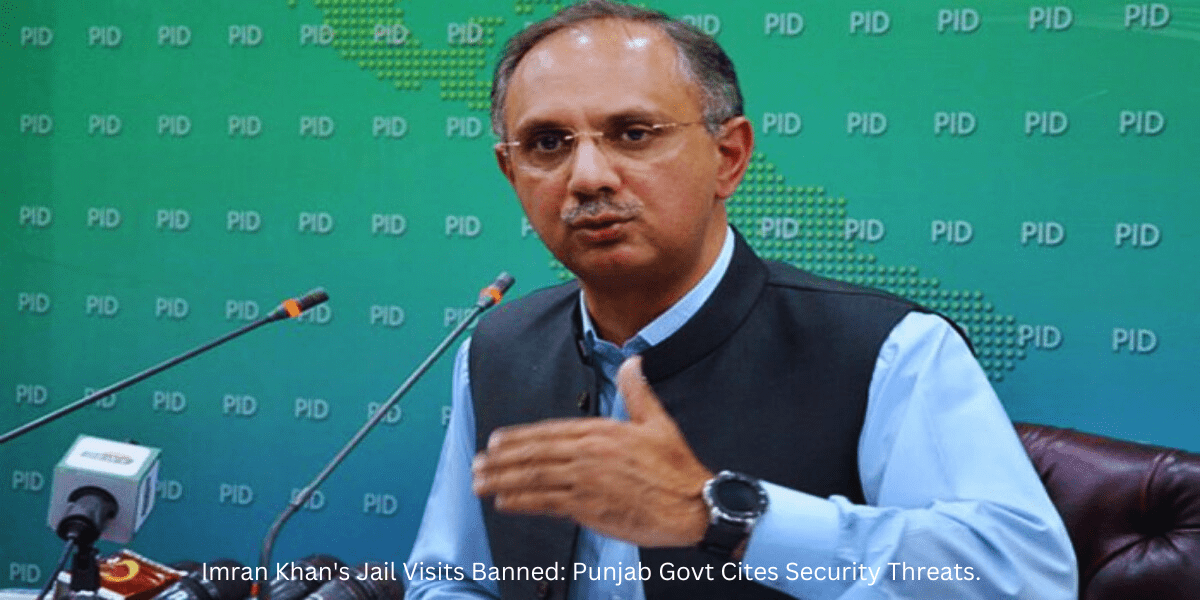
Conclusion:
In conclusion, this exploration of India-Pakistan relations during critical moments offers profound insights into the leadership of Imran Khan, the strategic moves of Qamar Javed Bajwa, and the diplomatic intricacies faced by Ajay Bisaria.
From Pulwama to the expulsion of the High Commissioner, the geopolitical landscape is laid bare, showcasing the complexities that define this challenging relationship.
Unraveling the Complexities: India-Pakistan Relations Amidst Elections
Against the backdrop of the current electoral buzz in India, characterized by heightened animosities and reciprocal criticisms between the two nations, a timely literary exploration unfolds. This insightful book meticulously dissects the intricacies of diplomatic engagements during this period, partitioned into three significant sections focusing on pivotal figures: former Prime Minister Imran Khan, ex-Army Chief Qamar Javed Bajwa, and the current Army Chief General Asim Munir.
Imran Khan’s Dilemma and Accusations
Embarking on the first leg of this journey, the narrative scrutinizes former Prime Minister Imran Khan. Within these pages, accusations by writer Ajay Bisaria against Khan unfold, alleging the release of Indian pilot Abhinandan without preconditions driven by fear.
The book delves into the details of Khan’s diplomatic overtures, portraying him as a statesman and shedding light on his international discourse. Imran Khan’s counterclaims against India’s narrative on the February 27 incident, his accusations against Modi, and the RSS ideology are presented as a distinctive perspective on the global stage.
Bajwa’s Pursuit of Normalization
Transitioning seamlessly, the focus shifts to the former Army Chief, Qamar Javed Bajwa, whose aspirations for normalization with India are explored. The revelations from an interview with Pakistani journalist Hamid Mir provide insights into Bajwa’s inclination towards considering a resolution with India, even daring to broach the subject without directly addressing the Kashmir issue. Notably, Bajwa’s bold statement regarding the non-operational status of tanks adds a layer of intrigue to the diplomatic narrative.
Asim Munir’s Revelations and Espionage Intrigues
The third act, as narrated by Ajay Bisaria, unearths a trove of confidential information regarding Al-Qaeda and allegations of high-level espionage by India within Pakistan. The book meticulously details how ISI’s chief engaged with Western diplomats, unveiling India’s purported planting of moles in significant Pakistani locations. The role of the current Army Chief, Asim Munir, becomes pivotal in unraveling these revelations and contributing to the already tense bilateral relations.
Historic Expulsion and the Diplomatic Chronology
On August 7, 2019, a momentous diplomatic event transpires in Islamabad, marking the historic expulsion of High Commissioner Ajay Bisaria. This dramatic incident occurs against the backdrop of escalating tensions, amplified by the revocation of Article 370 in Jammu & Kashmir. The blog post, adopting a chronological approach, navigates through the pivotal Pulwama terror attack, the consequential Balakot airstrikes, and the high-stakes negotiations surrounding the repatriation of the captured Indian Air Force pilot, Abhinandan Varthaman.
Unveiling Behind-the-Scenes Dynamics and Key Engagements
The author, having served as India’s top diplomat in Pakistan, unveils the intricacies of the behind-the-scenes dynamics. The blog post meticulously analyzes the blunders attributed to then-Pakistani Prime Minister Imran Khan and the strategic moves orchestrated by General Qamar Bajwa, the head of the Pakistani army.
The narrative further delves into the author’s engagements with Prime Minister Narendra Modi, External Affairs Minister Sushma Swaraj, and other influential figures within the Indian establishment. This comprehensive exploration offers readers valuable insights into the complex decisions, intricate negotiations, and the geopolitical landscape that defined the India-Pakistan relationship during this critical time.
Embark on a journey to uncover the nuanced layers of this challenging diplomatic chapter, gaining a profound understanding of the decisions, negotiations, and geopolitical complexities that shaped the course of India-Pakistan relations during this critical period.
FAQs
Q: What role did Imran Khan play in the India-Pakistan crises?
A: Imran Khan portrayed himself as a responsible statesman, advocating for dialogue, peace gestures, and resolution through talks, exposing Modi and RSS ideology on the international stage.
Q: Were there attempts at normalization suggested by Qamar Javed Bajwa?
A: Yes, General Bajwa expressed a desire for normalization with India, suggesting a resolution even without addressing the Kashmir issue. However, challenges persisted.
Q: What insights does the book provide on Asim Munir and espionage allegations?
A: The book details how confidential sources informed Al-Qaeda, ISI’s claims of Indian moles, and the expulsion of High Commissioner Ajay Bisaria amidst escalating tensions, unveiling high-level espionage concerns.
Q: How did the book address the Pulwama terror attack and Balakot airstrikes?
A: The narrative explores the events chronologically, shedding light on the Pulwama terror attack, Indian airstrikes in Balakot, and the high-stakes negotiations surrounding the return of Abhinandan Varthaman.
Q: What can readers expect regarding diplomatic engagements with Narendra Modi and Sushma Swaraj?
A: The author, India’s top diplomat, reveals behind-the-scenes dynamics, blunders by Imran Khan, and strategic moves by General Qamar Bajwa. Engagements with Modi, Swaraj, and influential members are explored, providing valuable insights into this challenging diplomatic chapter.




Leave a Reply